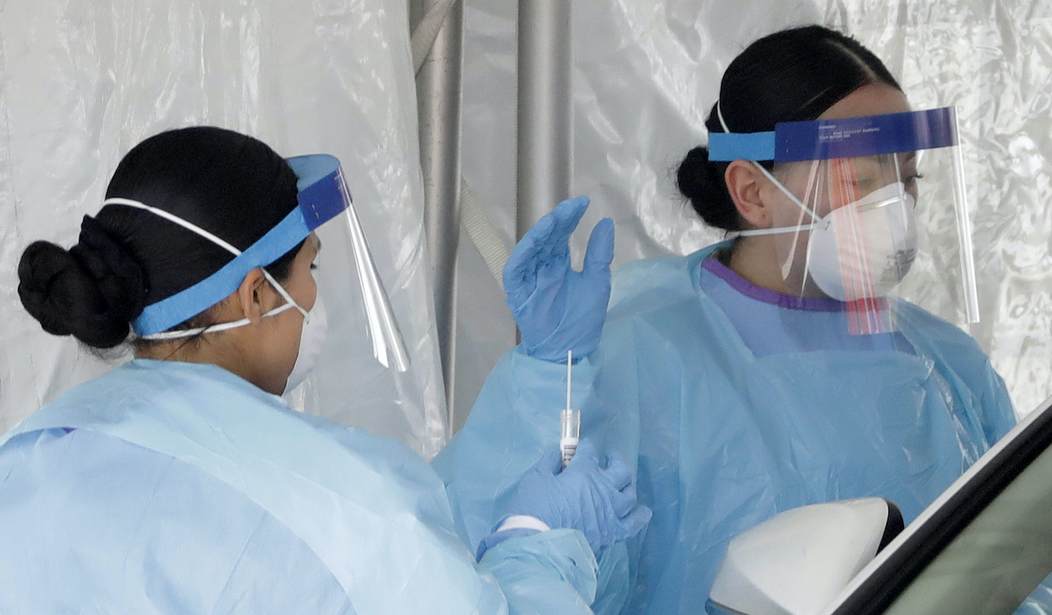A pair of German studies published on Monday revealed that COVID-19 patients may suffer long-term heart damage, even to those who are no longer experiencing symptoms.
Two studies from Germany included in the journal JAMA Cardiology, suggest how the virus can linger in the heart for months, even in those not experiencing any of the typical symptoms.
One study included 100 coronavirus patients from the University Hospital Frankfurt COVID-19 Registry. Patients were adults in their 40s and 50s with no underlying health conditions.
All of the patients had MRIs of their heart two to three months after they tested positive with the illness, a period of time where the participants were assumed to be recovered. Researchers compared these images to people who'd never had COVID-19.
Out of the 100 patients in the study, 78 still had clear visual signs that the virus had an effect on their heart. Out of those impacted patients, 60 showed signs of recurring inflammation of the heart muscle. Many of these findings were consistent with patients having myocarditis or pericarditis.
Myocarditis is the inflammation of the heart muscle. Red Sox pitcher Eduardo Rodriguez revealed on Sunday he was suffering from the disorder as a result of the virus.
The slightly less serious pericarditis is the swelling and irritation of the pericardium, the thin saclike membrane enclosing the heart. Both can occur as the result of a viral infection like the virus and can severely weaken the heart.
"That's really compelling," Dr. Clyde Yancy, chief of cardiology in the department of medicine at Northwestern Medicine in Chicago, told NBC News. "It indicates that months after exposure to COVID-19, we can still detect evidence of a heart that's not completely normal."
Recommended
The second study included 39 autopsies of people who have died from the virus. The patient pool for this study was older, using elderly victims with an average age in the 80s. Researchers found evidence of the virus intermingled in the heart tissue in 24 of the 39 patients.
Even scarier: five of the impacted patients showed signs the virus was actually replicating in the heart tissue, meaning that virus cells were still spreading throughout the organ.
The heart isn't the only organ besides the lungs believed to be targeted by the virus. In early July UK neurologists published a study that found COVID-19 can cause potentially fatal brain disorders.
The CDC has not added heart inflammation of brain swelling to its official COVID-19 symptom list, although they do give the disclaimer that the site does not include all symptoms an infected person could experience.

























Join the conversation as a VIP Member